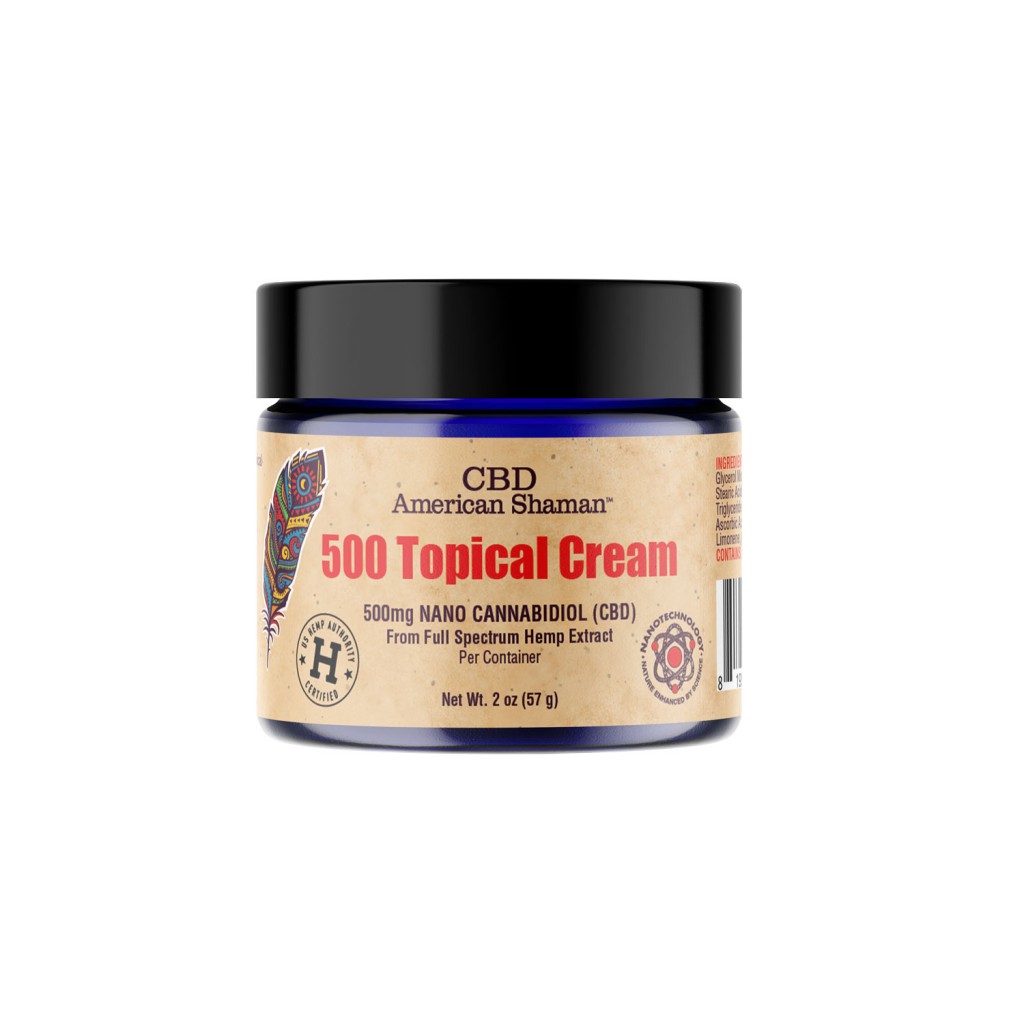Explore the Scientific Research Behind CBD Discomfort Cream and Its Healing Impacts
As the need for natural discomfort relief options remains to increase, the clinical community has actually turned its focus to the restorative results of CBD pain cream. Comprehending the elaborate mechanisms whereby CBD engages with the body's endocannabinoid system to minimize pain is essential in decoding its efficiency. From its anti-inflammatory properties to the complex neurological effects that modulate pain understanding, CBD's prospective as a pain monitoring remedy is a topic of ongoing study and scientific rate of interest. Keep tuned to untangle the scientific research behind CBD discomfort cream and how it holds assurance for those looking for alternative methods for pain relief.
Endocannabinoid System and CBD Pain Relief
What function does the endocannabinoid system play in CBD discomfort relief? The endocannabinoid system (ECS) is a complicated network of receptors, enzymes, and endocannabinoids that play a crucial role in regulating various physical processes, consisting of pain feeling. When CBD is used topically or ingested, it communicates with the ECS to regulate pain assumption and inflammation. CBD exerts its results by targeting cannabinoid receptors, specifically CB1 and CB2 receptors, which are bountiful in the central worried system and immune cells, specifically. By binding to these receptors, CBD can inhibit the transmission of pain signals and lower swelling, bring about discomfort relief.

Mechanisms of CBD for Pain Administration
Exploring the elaborate systems whereby CBD operates hurting monitoring discloses its prospective as a valuable restorative tool in reducing different kinds of discomfort. CBD connects with the endocannabinoid system, comprising cannabinoid receptors (CB1 and CB2) dispersed throughout the body. When CBD is provided, it regulates these receptors, affecting neurotransmitter release and dampening pain signals. In addition, CBD's anti-inflammatory properties play an important role suffering administration by lowering swelling at the site of discomfort.

Anti-Inflammatory Properties of CBD
In clarifying the efficiency of CBD hurting administration, a significant element hinges on its potent anti-inflammatory homes. CBD, or cannabidiol, has garnered focus for its capability to regulate inflammatory reactions within the body. Inflammation is an intricate biological action that plays an essential function in the body's body immune system, but when it ends up being chronic, it can add to different health and wellness issues, consisting of pain. CBD connects with the endocannabinoid system, particularly targeting CB2 receptors found in the immune cells. By triggering these receptors, CBD can help lower and control immune responses swelling.
Researches have revealed that CBD can prevent inflammatory conciliators and cytokines, thereby moistening the inflammatory cascade. This anti-inflammatory impact is particularly encouraging for problems identified by chronic swelling, such as joint inflammation, inflammatory bowel illness, and neuropathic pain. By alleviating swelling, CBD not only resolves the symptoms however also targets the underlying source of discomfort, making it a valuable healing agent for managing a wide array Your Domain Name of inflammatory conditions.
Neurological Results of CBD on Pain
CBD puts in extensive neurological effects on pain understanding via its interaction with specific receptors in the main nerves. The endocannabinoid system, which makes up cannabinoid receptors (CB1 and CB2) and endocannabinoids produced by the body, plays an essential function in modulating discomfort signals. CBD engages with these receptors, primarily CB1 found in the brain and CB2 located in the immune cells, to exert its pop over to this web-site analgesic results. By affecting the task of these receptors, CBD can aid manage discomfort level of sensitivity and swelling, using possible healing benefits for individuals suffering from various types of pain conditions.
Studies have revealed that CBD's activity on the endocannabinoid system can lead to the restraint of discomfort signaling paths, decreasing the assumption of discomfort. Additionally, CBD has actually been discovered to have neuroprotective residential or commercial properties, which can assist reduce neuropathic pain by shielding neurons from damages. The capacity of CBD to modulate discomfort at a neurological degree makes it an appealing alternative for taking care of persistent pain conditions where traditional treatments might fail.
Medical Research Studies Supporting CBD Discomfort Relief
Conclusion
In verdict, the scientific research behind CBD discomfort cream reveals its potential restorative results with the modulation of the endocannabinoid system (Serenity CBD arnica). CBD's devices for discomfort monitoring include its check over here anti-inflammatory properties and neurological results on discomfort understanding.
As the need for all-natural pain relief choices continues to increase, the scientific community has turned its interest to the restorative effects of CBD discomfort lotion. From its anti-inflammatory residential or commercial properties to the complicated neurological effects that regulate discomfort perception, CBD's prospective as a discomfort administration option is a topic of ongoing study and professional rate of interest.Structure upon the understanding of CBD's neurological impacts on pain perception, professional research studies have provided useful understandings right into the efficiency of CBD in giving pain alleviation. A study published in the European Journal of Discomfort demonstrated that using CBD topically decreased pain and inflammation in rats with joint inflammation without any kind of obvious side results. CBD's mechanisms for pain monitoring include its anti-inflammatory properties and neurological impacts on discomfort perception.